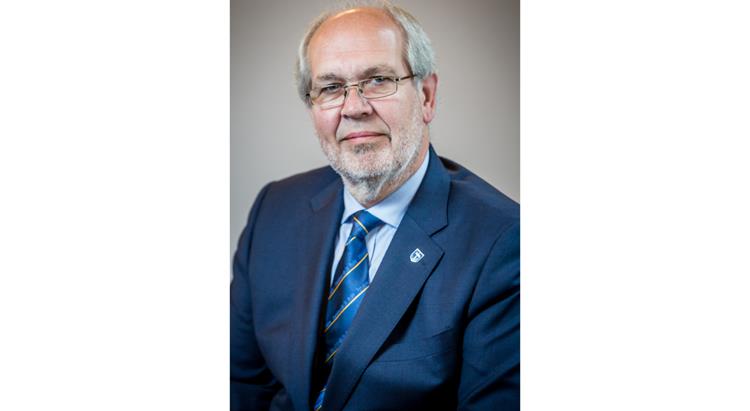07 August 2020

We are now in the fortunate position where on-Island cases of Coronavirus remain low.
But there is still significant risk from countries that neighbour Jersey, or where Islanders may want to travel.
The UK, mainland Spain, and Brittany have all seen an increase in their infection rates, and we have seen lockdowns return in the last days to Aberdeen and Manchester.
We must learn from what we have seen in these jurisdictions and proceed with caution to protect ourselves and reduce the risk to vulnerable Islanders.
The risk is not gone, it is not diminished, and we should not think that Level 1 will allow us to return to life as normal. Quite the opposite.
We will only be able to fully lift the pandemic public health measures at the point at which an effective vaccine is successfully deployed.
I can confirm that preparations are under way so that Government and the health system will be ready to vaccinate the Island population as soon as a viable vaccine becomes available.
But while international developments are moving at pace, there is no certainty yet as to when an effective vaccine will be produced.
Until that time, it is critical that Islanders and businesses continue to comply with all public health guidelines.
So, please, maintain the safer hygiene practices that have been the bedrock of our advice from the start of the pandemic. Wash your hands, avoid touching your face, catch your coughs and sneezes, and clean surfaces regularly.
You should keep a minimum of 1 metre physical distance, and more wherever practical, from people you don’t live with.
And you should continue keeping a smaller social circle than usual and limit the physical contact you have with others.
This also means that Social gatherings, especially those in private settings, such as parties, barbecues or informal get-togethers should still be limited to a maximum of 20 people.
We must also not forget that there are many Islanders who remain at higher risk if they become infected with COVID-19.
It is our responsibility to protect them by the way we conduct ourselves.
Our advice to Islanders who are at high risk on whether to return to the workplace is therefore not changing at this point.
You are encouraged to take extra care, to discuss with your employer what mitigations may be possible, and ultimately to decide whether returning to a shared workplace is right for you. We are not, at this stage, issuing a recommendation that those at highest risk should go out to work.
We have been able to move through the Safe Exit Framework because of the cooperation of Islanders, and the measures to contain the virus we have put in place.
But, regrettably, we see that some Islanders are too relaxed and casual in their observance of the measures. This increases the risk of the spread of infection on Island. Younger people especially may feel they will not be greatly affected, but I ask them to at least consider the possible devastating effects on their parents or grandparents if we lost control of the virus because of their poor behaviour.
We have invested significant resources to ensure our track and trace teams can be proactive and agile, to find people that are infectious and ensure they isolate quickly, and so keep the level of cases to a very low level.
We are now testing hundreds of people every day, and our expanded contact tracing team is responding rapidly and in detail to every positive case.
But it is the responsibility of all Islanders to cooperate with those teams, and ensure their work is effective. We will be increasing our enforcement activities where we see this is not happening.
As an example, if you are required to self-isolate and fail to do so without reasonable excuse, you may be arrested and fined up to £1,000.
If you are asked to take a test or provide necessary health information and you fail to do so without reasonable excuse, you may face a fine of up to £10,000.
We don’t want prosecutions unless absolutely necessary. It is far better that Islanders come to a better understanding of the risks and stop gambling on the gains we have worked so hard to achieve up to this point.
But, if at any time public health monitoring indicates a rapid increase in cases, or a pattern of cases that raises concern, the easing of measures may be suspended – or tighter restrictions could be re-imposed to protect Islanders’ health and control infection.
We can continue to remain safe, and to enjoy these additional freedoms, but only if we work together.